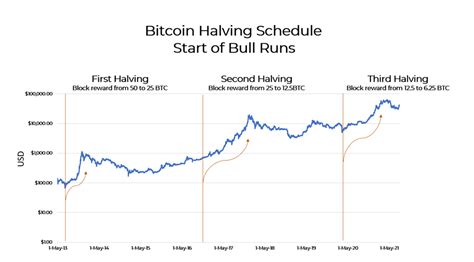Ethereum: Can a Bitcoin Client Automatically Generate Bitcoins?
The excitement of investing in cryptocurrency often revolves around the prospect of making a return without much effort. One of the most popular cryptocurrencies is Ethereum, which has gained a lot of attention in recent years due to its innovative blockchain platform and wide range of decentralized applications (dApps). However, when it comes to automatically generating bitcoins, a Bitcoin client like Bitcoin-Qt or Bitcoin Core does not magically generate bitcoins.
What is Bitcoin?
Bitcoin is the first and most well-known cryptocurrency, launched in 2009 by an individual or group using the pseudonym Satoshi Nakamoto. It allows users to send, receive, and trade digital currencies without intermediaries such as banks or governments. Bitcoins are stored on the user’s device or on a blockchain network maintained by a network of peer-to-peer computers around the world.
Bitcoin Client and Ethereum Client

A Bitcoin client is a piece of software that allows users to interact with the Bitcoin network and manage their bitcoin wallet. There are several popular Bitcoin clients for desktop and mobile devices, including Bitcoin-Qt and Bitcoin Core. These clients allow users to send and receive bitcoins, set transaction fees, and monitor their balance.
Ethereum, on the other hand, is a different type of cryptocurrency that runs on a blockchain platform called Ethereum (ETH). Ethereum is more than just a simple cryptocurrency; it is an open-source, decentralized platform that allows for the creation of smart contracts and dApps. While it has its own cryptocurrency, Ether (ETH), which can be used to pay for transaction fees and computing services, it does not automatically generate bitcoins.
How Bitcoin Clients Generate Bitcoins
Bitcoin clients do not automatically generate bitcoins, as they are simply software programs that interact with the Bitcoin network and store bitcoins in users’ wallets. The process of generating Bitcoin involves complex mathematical calculations and operations that require computing power and network involvement.
When a user sends or receives Bitcoins through their Bitcoin client, it is done on the blockchain network by performing a transaction that verifies the sender’s identity and the recipient’s address. This process requires network confirmation, which takes a long time to confirm because it involves multiple nodes in the network verifying the transaction.
Conclusion
In summary, a Bitcoin client such as Bitcoin-Qt or Bitcoin Core does not automatically generate Bitcoins, as they are simply software programs that interact with the Bitcoin network and store Bitcoins in users’ wallets. While these clients allow users to manage their Bitcoin balances and perform transactions, they do not have the ability to generate Bitcoins without any effort. For those interested in a return on investment, there are alternative methods of investing in cryptocurrencies, such as buying and holding individual coins or participating in Initial Coin Offerings (ICOs).